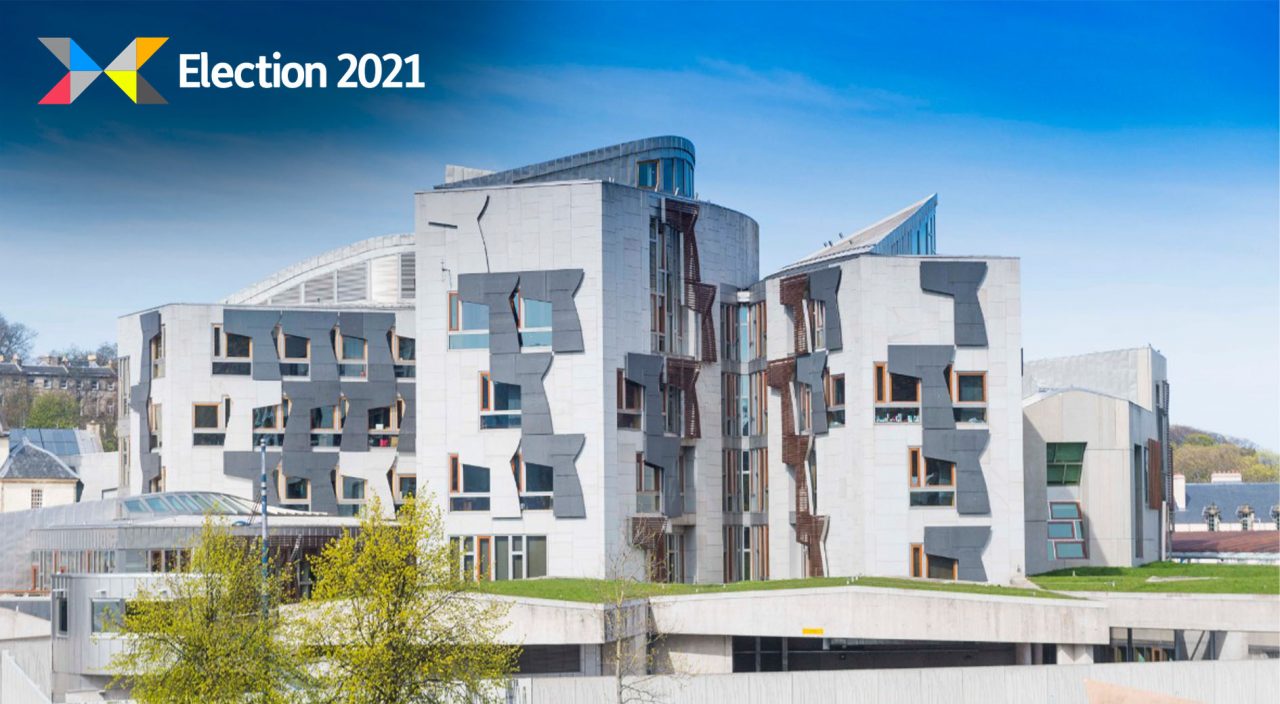There appears to be only two questions of any interest with a month of this overtly surreal campaign to go.
Can anything derail a pro-independence majority on May 6 and, secondly, who will form the official opposition to the SNP at Holyrood?
Today sees another two opinion polls conducted this time by Savanta ComRes for The Scotsman and by Opinium for Sky News. It’s not important to obsess about the individual details of all of the campaign polls to date. It’s the trend they speak to that’s important.
From the evidence of the polls, a number of conclusions are beyond debate. The SNP are going to win the election. Can they achieve a majority of the 129 seats in the parliament? The reasonable conclusion from the polls is that, in all likelihood, they will. If they don’t, they won’t be far off.
The ratings for the Scottish Greens on the regional list suggests that the performance of both of these pro- ndependence parties would deliver a clear-cut and unambiguous majority of MSPs committed to holding another referendum on Scottish independence.
Alex Salmond’s Alba party is polling anything from 2% to 6%. That former figure would see no candidates returned, the latter figure puts them within touching distance of gaining a foothold in the parliament.
Alba’s strategy is to urge a vote for the SNP in the 73 constituencies and a vote for Alba on the list to deliver a “supermajority” for independence.
The problem for Salmond is that the polls suggest the most obvious way to create a supermajority for independence is to vote Scottish Green on the list.
Of the five polls to date, Alba average just 3.4% whilst the Greens average nearly 10%. The uncomfortable logic for Alba from the polls is that their strategic raison d’etre is best served by voting Green on the list.
It is difficult to see what dynamic in the next four weeks is going to change the narrative for Alba. Mr Salmond knows better than most politicians the rules under which broadcasters operate during an election and he will know that the scope for publicity is strictly limited.
The reality is that Alba is a party that delivers saturation comment on websites populated by the foot soldiers of independence but is not producing any sense of excitement among the general voting public.
That is not surprising since it was always a big ask to launch a party at the start of an election period and hope that it would be a material issue for the entire duration.
To compound the challenge it was always going to be squeezed out of the kind of set-piece TV debates that might have produced the kind of headlines that would have kept it relevant.
On that front, the STV Leaders debate takes place next Tuesday and will be broadcast live from 7.30pm-9pm.
For Nicola Sturgeon, this is an exercise in not slipping up. Even if she does, it is difficult to imagine a gaffe capable of redefining the electoral calculus.
The more interesting contest for me is the race for second place. The Scottish Conservatives have benefitted in the post-2014 environment as ‘No’ voters, aghast at the prospect of busting the union, have backed what they perceive as the most unionist of the parties.
Scottish Labour have been choked electorally by a double whammy on the constitution. Many of their voters have now jumped ship to the SNP and now back independence. And on the union they have been outflanked by the Tories.
For a party that has traditionally relied on the old certainties of class-based politics, the post-2014 recalibration which sees national identity politics being a prime factor in electoral choice has been catastrophic for Labour.
Anas Sarwar has made a good start to the process of rebuilding. Composed and articulate, his messaging on the need to rebuild after Covid has been clear and he has attempted to cut through obsessing on the constitution to focus on the immediate economic challenges in post-pandemic Scotland.
The only realistic objective for Scottish Labour in this election is to get back into second place. He is probably helped in that task by the fact the Scottish Conservatives have a new and untested leader in Douglas Ross.
He needs to ‘up his game’ in the STV hustings. During the BBC debate a few weeks back, he overly sold his ‘no to indyref2’ soundbite, giving the impression of a leader with nothing positive to offer on the wider election agenda.
The Tories, in attempting to maximise their vote, must not fall into the trap of believing that being strident on independence will be enough to keep them in second place. Just saying No is a slogan, not a strategy and most certainly not a programme for government.
As someone who has covered quite a few campaigns, let me tell you they are all highly artificial: staged photo ops, staged street chats under the guise of meeting the voters, pictures designed to make the leader look leader-like for as long as a photographer lingers. Then it’s back into the car. Even the set-piece TV exchanges have a pantomime quality as heavily rehearsed scripts are traded fraudulently, masquerading as spontaneous exchange.
For all that, elections are a serious business. They are the ultimate egalitarian leveller. One citizen, one vote or, in this case, two votes. I hope Tuesday’s exchanges help in the exercise of your right to choose the party you want to govern in the coming years.

 SNS Group
SNS Group

























